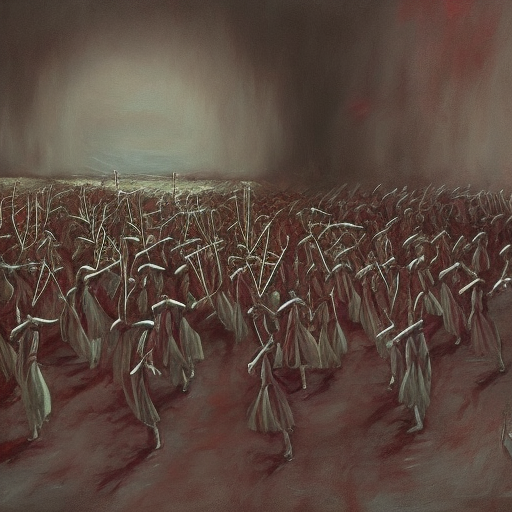The Pianist (2002) – A Tale of Survival and Resilience Amidst the Holocaust
Main Cast and Crew:
- Director: Roman Polanski
- Writer: Ronald Harwood
- Key Actors: Adrien Brody as Władysław Szpilman, Thomas Kretschmann as Captain Wilm Hosenfeld, Frank Finlay as Father, Maureen Lipman as Mother, Emilia Fox as Dorota, Ed Stoppard as Henryk, Julia Rayner as Regina, and Jessica Kate Meyer as Halina
- Music Director: Wojciech Kilar
- Director of Photography: Paweł Edelman
- Producers: Roman Polanski, Robert Benmussa, Alain Sarde
Plot:
“The Pianist” tells the true story of Władysław Szpilman, a Polish Jewish pianist, during World War II. Set in Warsaw, the film follows Szpilman’s journey from a celebrated musician to a desperate survivor amidst the Holocaust. As the Nazis invade Poland, Szpilman’s life is upended, and he is forced into the Warsaw Ghetto along with his family. Separated from his loved ones, Szpilman witnesses the horrors of the Holocaust, including the deportation of Jews to concentration camps.
Desperate to stay alive, Szpilman manages to escape the Ghetto and finds refuge in various hiding places throughout the city. He encounters both kindness and cruelty from strangers, including a sympathetic German officer, Captain Wilm Hosenfeld. Despite the constant threat of discovery, Szpilman’s passion for music sustains him, and he finds solace in playing the piano whenever he can.
Throughout the film, Szpilman’s resilience and determination to survive are tested repeatedly. He witnesses the destruction of Warsaw and the suffering of his fellow Jews, all while struggling to find food and evade capture. Despite the overwhelming odds, Szpilman’s will to live remains unbroken, and he clings to the hope of liberation.
Themes and Motifs:
“The Pianist” explores themes of survival, resilience, and the indomitable human spirit in the face of unimaginable adversity. It highlights the atrocities committed during the Holocaust and the impact of war on individuals and communities. The film also delves into the power of music as a source of comfort and strength, showcasing how Szpilman’s talent provides him with a sense of purpose and identity amidst the chaos.
Reception and Legacy:
Upon its release, “The Pianist” received widespread critical acclaim. It won numerous awards, including three Academy Awards for Best Director (Roman Polanski), Best Actor (Adrien Brody), and Best Adapted Screenplay (Ronald Harwood). The film’s realistic portrayal of the Holocaust and its emotional depth resonated with audiences and critics alike.
“The Pianist” continues to be regarded as one of the most powerful and poignant films about the Holocaust. Its depiction of human suffering and resilience serves as a reminder of the atrocities committed during World War II. The film’s legacy lies in its ability to shed light on a dark chapter in history and honor the memory of those who perished.
Recommendation:
“The Pianist” is a must-watch for those interested in historical dramas and stories of survival. It offers a gripping and emotional portrayal of one man’s struggle to survive amidst the horrors of the Holocaust. Adrien Brody’s remarkable performance, combined with Roman Polanski’s masterful direction, creates a deeply moving cinematic experience.
Memorable Quote:
“I don’t know how to thank you.” – Władysław Szpilman












